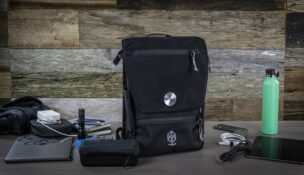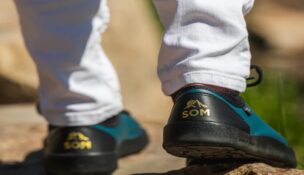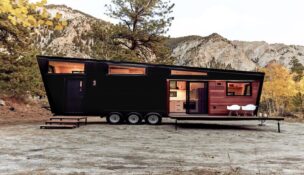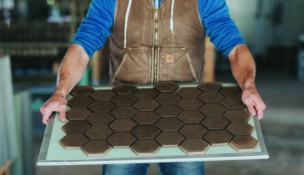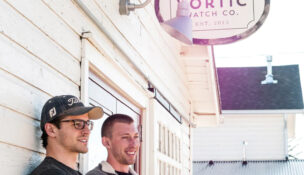Momentum Recycling Redirects Glass From Landfills
The Broomfield-based environmental manufacturer processes 4,000 to 5,000 tons of raw material a month
Eric Peterson //March 2, 2018//
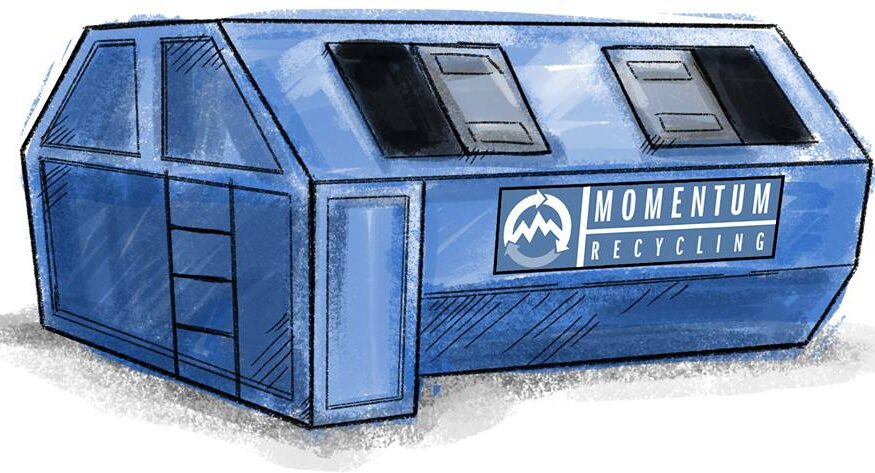

Momentum Recycling Redirects Glass From Landfills
The Broomfield-based environmental manufacturer processes 4,000 to 5,000 tons of raw material a month
Eric Peterson //March 2, 2018//

MOMENTUM RECYCLING | Product: Energy + Environmental | Made in: Broomfield
After Momentum opened a glass-recycling facility in Salt Lake City in 2012, CEO John Lair set his sights on Colorado.
An anchor buyer was a prerequisite. In Utah, Momentum has an insulation manufacturer. In Colorado, a pair of bottle manufacturing plants – Ownes-Illinois in Windsor and Rocky Mountain Bottle Co. – fill that role.
"It's more of a closed loop," Lair says, "where bottles can be turned into bottles endlessly."
The company's Broomfield plant opened in late 2016. Before that, almost all glass ended up in the landfill in Colorado, even if it was dropped in a recycling bin.
That's changed since Momentum turned on the lights.
"We're processing between 4,000 and 5,000 tons each month, and Lair sees room to grow the facility to handle even more glass. "We believe we're getting about 23 percent of the glass entering the waste stream statewide," he says citing a goal of 35 percent by 2020. The uniformity in Denver's system helps, but some of the open-market municipalities are less apt to recycle.
There also are geographic limitations for glass recycling that fluctuate with energy costs. Shipping glass more than 200 or 300 miles typically isn't cost-effective.
"Transportation is a huge factor for us," Lair says, "so our region is limited."
The experience in Salt Lake has helped with Momentum's launch in Colorado. "We learned a lot the hard way," Lair says. "It's a very hard material to process and recycle. It's very unforgiving."
He adds, "It's a very hard and destructive material. It tears up conveyor belts, processing equipment, screens – pretty much anything it touches, it tears it up. It can eat through hard steel in a few weeks if the equipment isn't prepared and maintained properly."
Expanding to Colorado was a no-brainer for Lair.
"You've got a lot of good businesses trying to make a difference," he says. "We work together ad cooperate."






